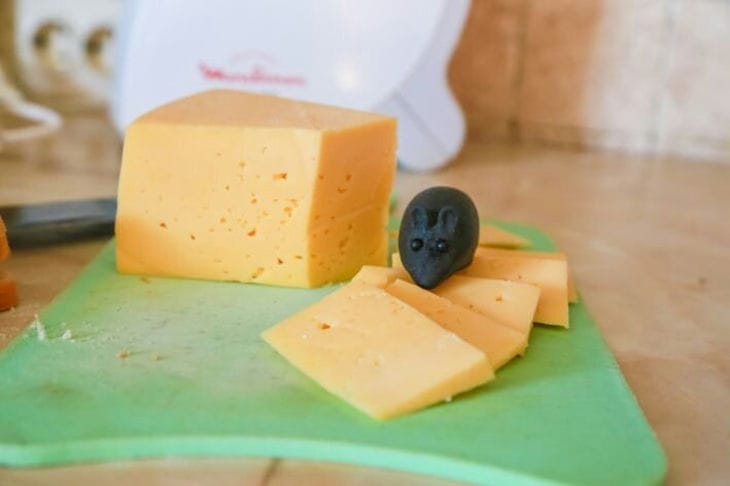Most cheese platters look like a jumble of ingredients, but a few rules can turn them into a work of art.
It all starts with selection: three to five varieties of different textures, colors and flavor intensities.
Mild brie, aged cheddar, blue dor blue and herbed goat cheese provide balance.

The color palette is no less important than taste.
Snow-white mozzarella, orange Gouda, greyish Roquefort and creamy Camembert attract the eye.
Add berries, walnuts and rosemary sprigs to add contrast to the board.
The cut shape emphasizes the character of the cheese. Hard varieties are cut into thin slices, soft ones are served in one piece with a knife, and crumbly ones are crumbled with a fork.
Don't mix flavors: Separate the flavorful limburger from the neutral ricotta with lettuce leaves.
Accessories are the key to harmony. Honey in a sauce boat, pear jam and mustard in mini bowls add interactivity.
Crackers and crispbreads are placed separately so that they do not get soggy.
Serve cheeses at room temperature: cold kills the flavor.
Place them clockwise, from soft to rich. Leave some empty space on the board: this is not a sign of stinginess, but a tribute to aesthetics.
With such a plate, even a simple dinner will become an event - so arm yourself with these tips and hurry to please your loved ones.
